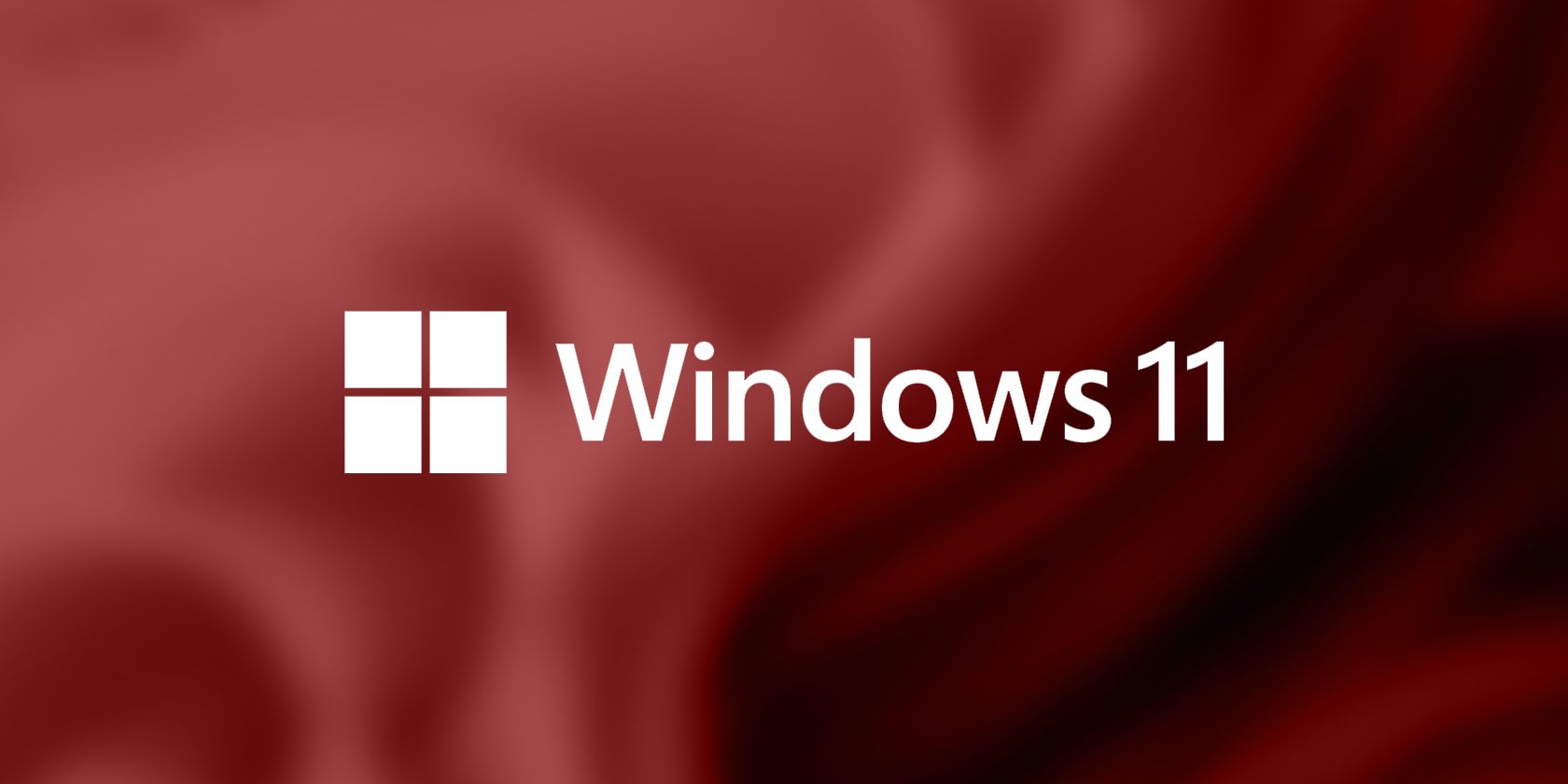Windows 11 is now available for everyone to buy. It's the latest major version of Windows and the first one in 6 years. And there's a lot to love about it. Not only are we getting an all-new UI, UX, and lots of changes, but we're also getting several new features, even if not a lot of them will make their way to the operating system on day one.
Just like Windows 10, and as has been typical of Windows for several years, Windows 11 will come in different editions—Windows 11 Home and Windows 11 Pro. But what are the differences between both editions, and more importantly, which should you get?
Why Are There Different Windows 11 Editions?
Windows has offered different editions for a good part of its existence as an operating system. The reason for that is pretty simple. While a one-size-fits-all OS without extra editions is definitely something that's doable (and, in fact, was done for a decent amount of time), it's better to maintain different versions of Windows because not everyone needs every feature, and not every computer supports every feature.
Looking back at the Windows XP days, we had two main versions—Windows XP Home Edition and Windows XP Professional. Most other editions pretty much just branched off of those two. Then, Windows Vista, and then Windows 7, made things a little more complicated by introducing several versions—Starter, Home Basic, Home Premium, Enterprise, Business, and Ultimate, with a differing feature set between all of them.
It's safe to say that it was kind of a mess, but for a rough summary, Starter was normally destined for lower-end PCs, Home Basic and Home Premium were meant to cover home PC needs, Enterprise and Business were destined for PCs in a business environment, and Ultimate included everything from every edition.
Things were further condensed in Windows 10, as Microsoft offers either Windows 10 Home or Windows 10 Pro to consumers. Those are not the only ones, as there's also a handful of other editions and differences, such as Windows 10 in S mode, Windows 10 Pro for Workstations, Education, and Enterprise, as well as a few more. But for the most part, Home and Pro are the only two editions most users should be aware of.
Windows 10 Home is the version that ships with most average computers, while Windows 10 Pro contains a handful of additional features and ships with more expensive or business-focused systems. We'll go into those in a little bit deeper detail later on. Windows 11 carries on with this same exact version structure—there's Windows 11 Home and Windows 11 Pro—and for the most part, the differences between them are very similar to the differences between both Windows versions.
What Is the Difference Between Windows 11 Home and Pro?
Microsoft compares both versions on the Microsoft website, and one glance at this webpage will tell you a lot about the differences between each version. And for the most part, Windows 11 Home and Windows 11 Pro are more similar than you think.
Windows 11 Home comes with all the features and creature comforts you can expect from Windows 11, including Windows Hello, Secure Boot, Windows Security, parental controls, device encryption, and more.
Even features like WSL (Windows Subsystem for Linux) are available on the Home version of the operating system, and features like Android app support (which is coming in a future Windows 11 update) should be available for the Home version as well.
Windows 11 Pro has everything the Home version has, while also adding a few additional features, mostly serving professional environments. One of the most notable ones is BitLocker, which is a full volume encryption tool that can encrypt your drive volume using 128-bit or 256-bit AES encryption and your computer's TPM. There's also a full suite of business management and deployment tools, including Azure integration and features like assigned access, dynamic provisioning, kiosk mode setup, Hyper-V, Windows Sandbox, full Windows Remote Desktop support, and more.
There are also a few differences that the Microsoft site doesn't make immediately clear. For starters, while Windows 11 Home doesn't support local accounts anymore and requires you to link your Microsoft account (Windows 10 Home did support this, but it was removed with Windows 11 Home). Windows 11 Pro, meanwhile, does support local accounts without needing to link your Microsoft account to it.
There are also a few differences regarding hardware limitations. Both feature the same minimum requirements, including 4 GB of RAM, 64 GB of storage, a 1 GHz dual-core CPU from AMD/Intel/Qualcomm, TPM 2.0, and a DirectX 12-compatible GPU.
However, Windows 11 Home only supports up to 64 CPU cores and 128 GB of RAM. It also doesn't support systems with two CPUs. That's already plenty, but if you need more than that for whatever reason, Windows 11 Pro supports dual CPU systems with 64 cores each (for a total of 128 cores) and up to 2 TB of RAM.
Which One Should I Use?
We've now laid down everything about both versions of Windows 11, and up until this point, a lot of you might say that Windows 11 Pro is the most logical option. After all, there's basically no downside to using Windows 11 Pro over Home. The requirements are the same, and even though your PC might not actually be used in a business environment or has crazy specifications, you can still benefit from features like BitLocker or the ability to create local accounts. But hold the boat for a minute, because we haven't talked pricing yet.
Currently, Windows 11 is being offered as a free upgrade from Windows 10. A Windows 10 Pro license, which will upgrade to Windows 11 on an eligible PC, will set you back $199. By comparison, a Windows 10 Home license costs $139. The Home edition is considerably cheaper than the Pro. If you decide to buy Home and end up wanting to buy Pro down the line, upgrading your operating system from Home to Pro is also an option that's available, but it will set you back $99 on the Microsoft Store, so that's even more expensive than buying a Pro license in the first place.
In the end, though, it'll all come down to your specific use case and needs. For the most part, though, the vast majority of users will probably be served well by Windows 11 Home. If you do need a specific Pro feature, like BitLocker, you'll probably want to go for Pro instead, but think about whether that's worth the extra $60 (or the extra $99 if you go for an update down the road).
Windows 11 Home is Probably Good Enough
We just laid down several differences between Home and Pro. While Pro has everything the Home version has and more, the average user will be served just fine by Windows 11 Home. All programs work the same, and aside from BitLocker and a few business features, it'll function identically. If you do need Pro for whatever reason, though, it has identical system requirements, local account support, and a few extra features.
Hopefully, you've now made up your mind.




